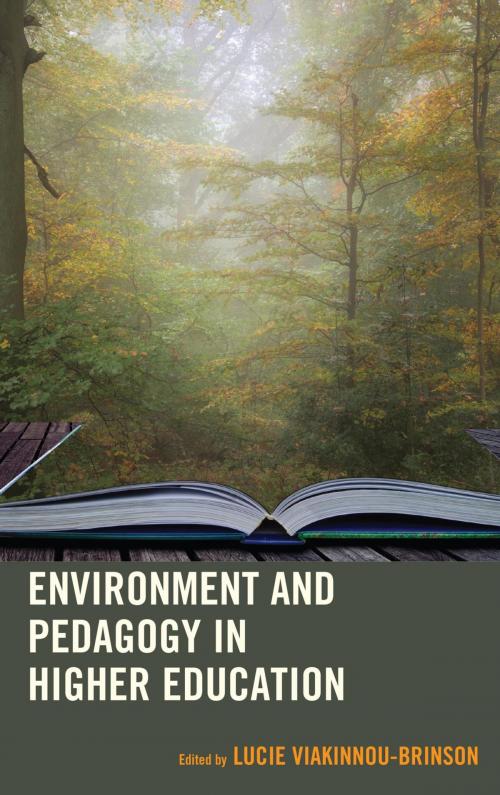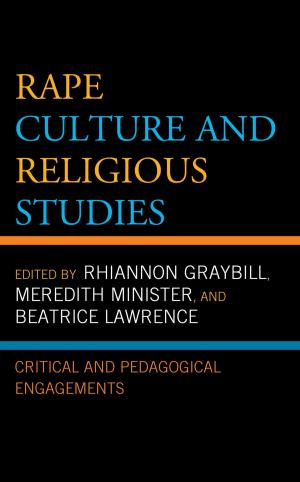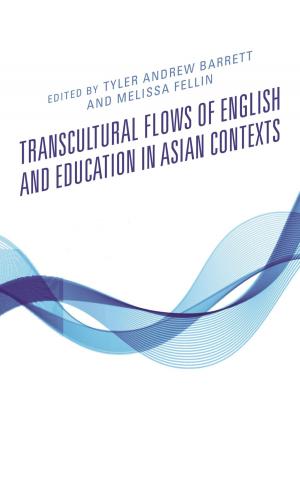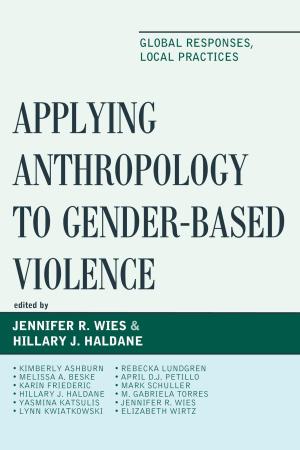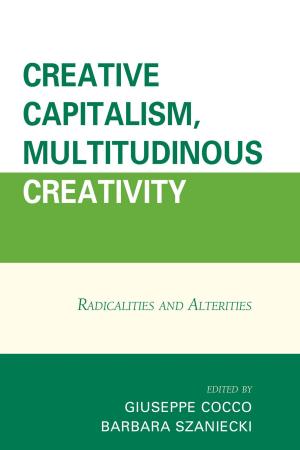Environment and Pedagogy in Higher Education
Nonfiction, Reference & Language, Education & Teaching, Special Education, Experimental Methods, Administration, Fiction & Literature, Literary Theory & Criticism| Author: | Monika Giacoppe, Simona Muratore, Gisela Hoecherl-Alden, Jennifer Peterson, Laura Davis, Elizabeth Giddens, Rina Garcia Chua, Vanessa Slinger-Friedman, Christina Gerhardt, Lucie Viakinnou-Brinson | ISBN: | 9781498531085 |
| Publisher: | Lexington Books | Publication: | October 15, 2018 |
| Imprint: | Lexington Books | Language: | English |
| Author: | Monika Giacoppe, Simona Muratore, Gisela Hoecherl-Alden, Jennifer Peterson, Laura Davis, Elizabeth Giddens, Rina Garcia Chua, Vanessa Slinger-Friedman, Christina Gerhardt, Lucie Viakinnou-Brinson |
| ISBN: | 9781498531085 |
| Publisher: | Lexington Books |
| Publication: | October 15, 2018 |
| Imprint: | Lexington Books |
| Language: | English |
The commitment to participate in ecological protection has grown considerably and, in the academic world, it has been tackled primarily by the Social Sciences. The Humanities has followed suit and several books have dealt with the reasons why such commitment is essential and morally imperative. What has been crucially lacking, however, are books that propose concrete pedagogical approaches to the study of environmental issues and aim at inspiring and motivating both educators and students to become actively engaged in the pursuit of ecological preservation.
It is here that this book comes into play. Faced with the polluting of the earth, the devastating effect of climate change, and the inequalities of North/South resources to counter the throes of environmental degradation, our responsibility as educators and in particular as eco-pedagogues is to engage in theoretical discourses on the subject matter but also to begin to provide practitioners in all fields with essential tools to shape an ecological sense of consciousness among future leaders of the earth: our students.
The commitment to participate in ecological protection has grown considerably and, in the academic world, it has been tackled primarily by the Social Sciences. The Humanities has followed suit and several books have dealt with the reasons why such commitment is essential and morally imperative. What has been crucially lacking, however, are books that propose concrete pedagogical approaches to the study of environmental issues and aim at inspiring and motivating both educators and students to become actively engaged in the pursuit of ecological preservation.
It is here that this book comes into play. Faced with the polluting of the earth, the devastating effect of climate change, and the inequalities of North/South resources to counter the throes of environmental degradation, our responsibility as educators and in particular as eco-pedagogues is to engage in theoretical discourses on the subject matter but also to begin to provide practitioners in all fields with essential tools to shape an ecological sense of consciousness among future leaders of the earth: our students.
